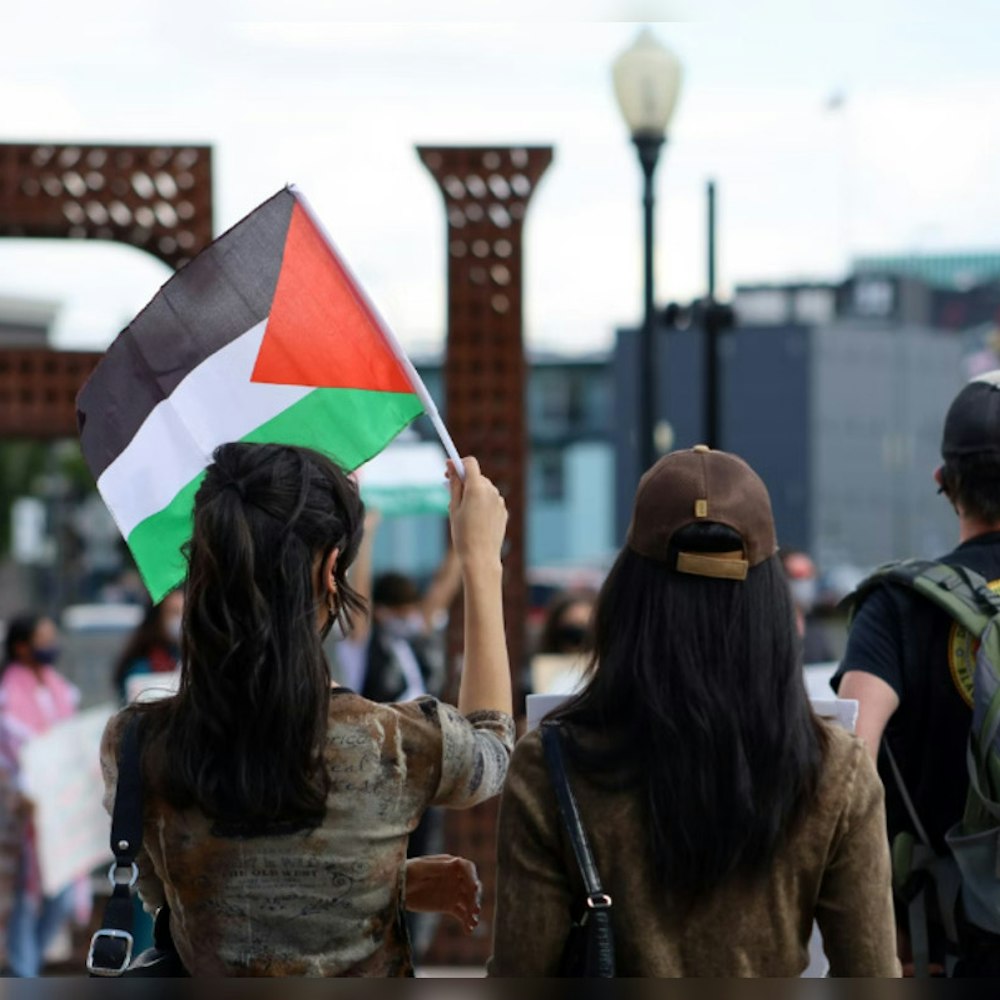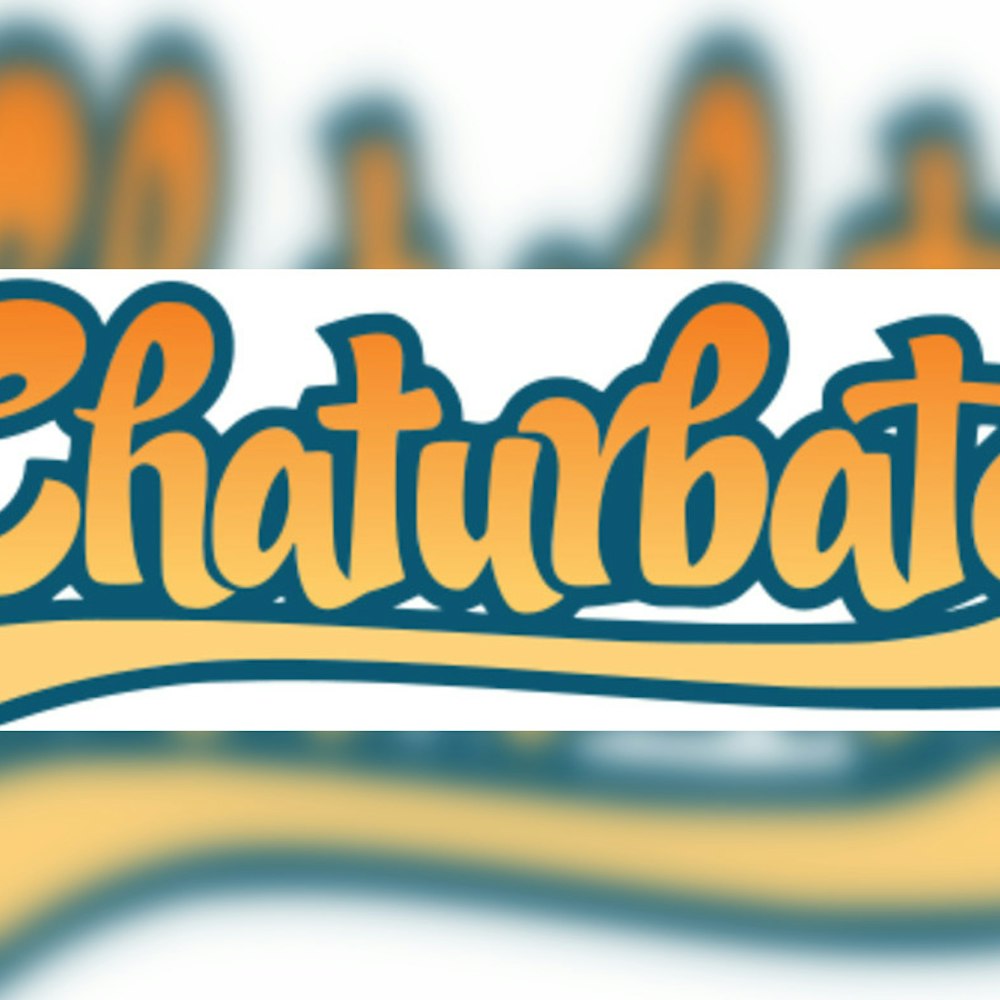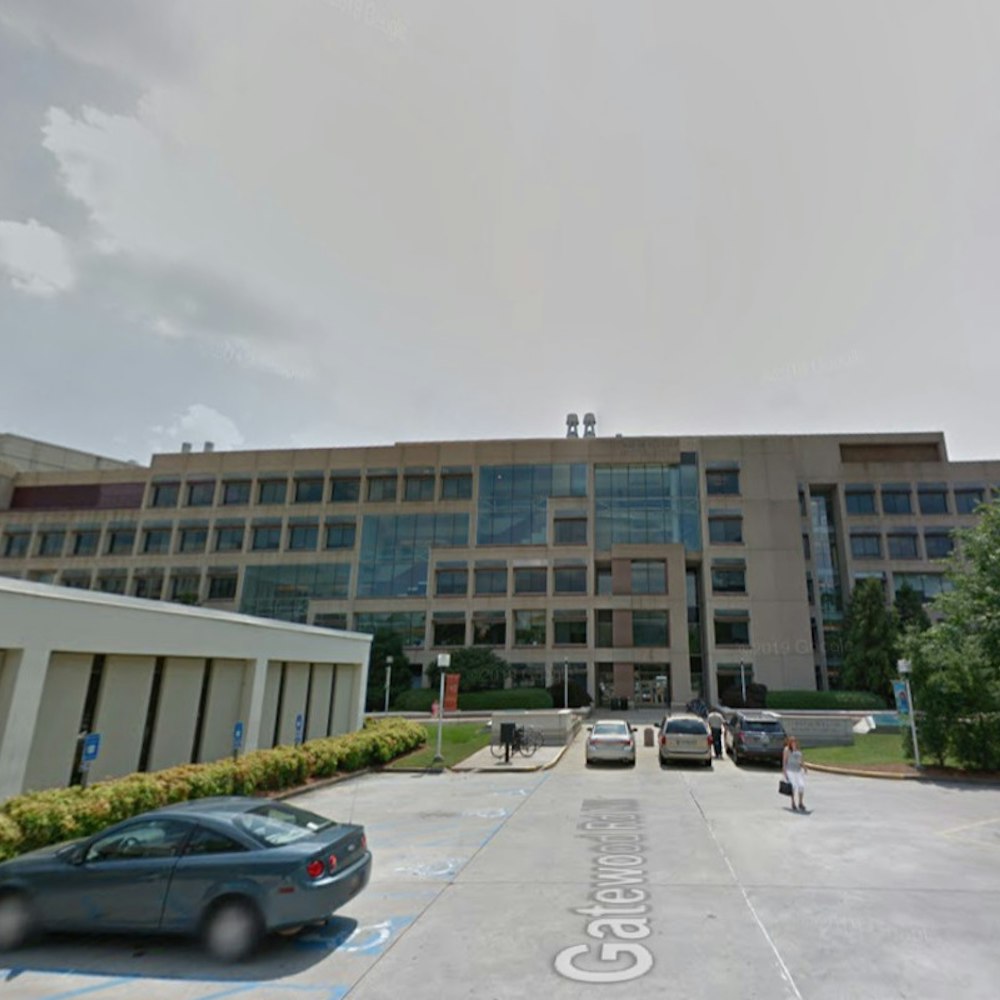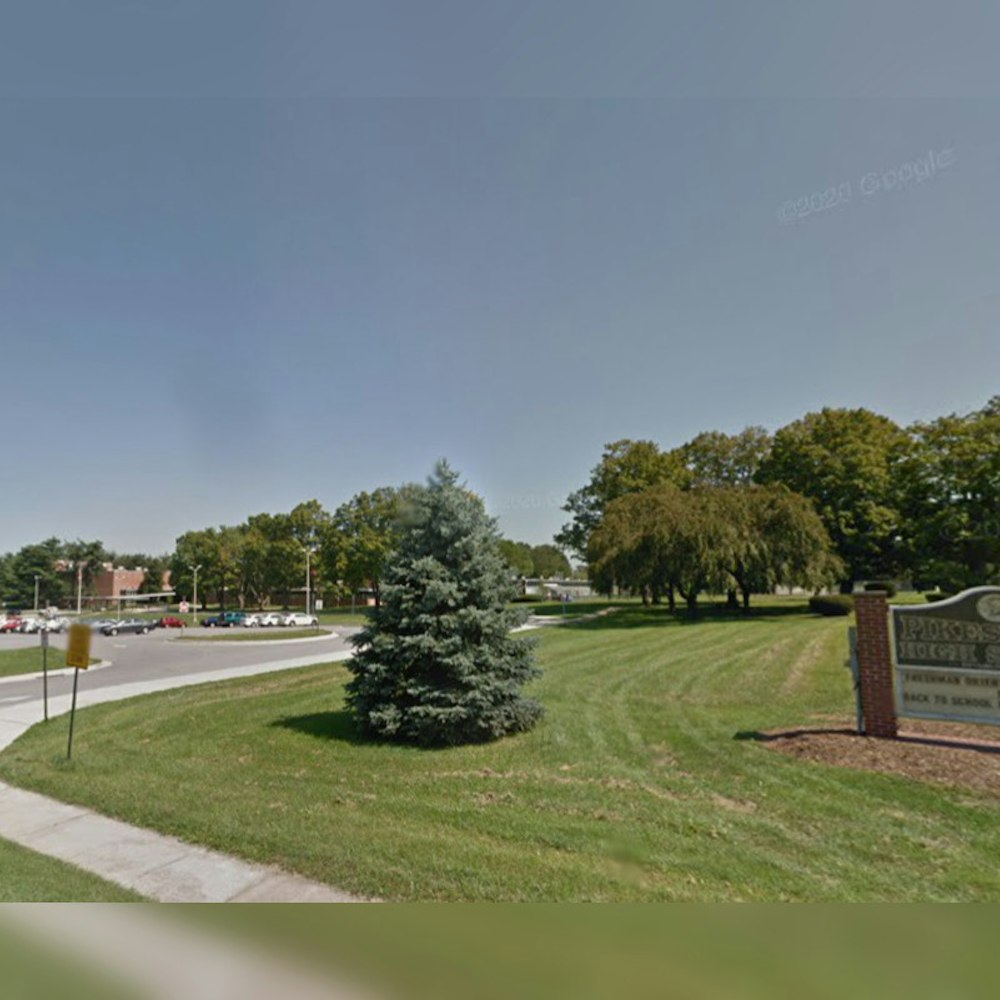
The annual Indigenous Peoples Thanksgiving Sunrise Gathering on Alcatraz Island was really only a live stream last year because of COVID-19 precautions, and only a small number of those participating in the ceremony were allowed on the island. But the International Indian Treaty Council (IITC) that has hosted the event for 43 years has announced that the Sunrise Gathering is returning at full capacity on Thanksgiving Day 2021, and will indeed be live-streamed once again.
“It’s important to remember the brutal history of genocide that Indigenous Peoples have suffered,” IITC executive director Andrea Carmen said in a release. “It’s also important that we gather together to give thanks for our lives, the survival, and resiliency of our cultures, and the spirit of resistance passed down to us by our ancestors. Because of their courage and sacrifice, we still have these sacred ways that continue to give us strength to be who we are.”
In the early morning of Thursday, November 25, 2021, the International Indian Treaty Council (IITC) will host its 43rd Annual Indigenous Peoples Thanksgiving Sunrise Gathering on Alcatraz Island, Ohlone Territory... https://t.co/TdZzB9dk7t
— Treaty Council (@treatycouncil) November 24, 2021
While the ceremony is free to attend, boat tickets to Alcatraz are $14 for a round trip. There are still tickets available for boat rides leaving at 4:30 a.m., 4:45 a.m., and 5 a.m. Additionally, the ceremony will be live-streamed on the International Indian Treaty Council Facebook page, and audio of the event will be broadcast on KPFA online and on 94.1 FM. The ceremony begins at 5:30 a.m. Thursday morning.
51 years ago, Native people reclaimed #Alcatraz island just off San Francisco’s harbors. A #Thanksgiving story of #indigenous empowerment@KQED ’s video for last year’s 50th anniversary explains the lasting impacthttps://t.co/LPdVie4SIR
— harriseve (@harriseve) November 27, 2020
According to the Examiner, “The program this year includes dancers from Round Valley Indian Tribes in Northern California, prayers and singing, a Palestinian solidarity statement, Native Hawaiian speakers, a segment honoring missing and murdered Indigenous women, and Director Merri Lopez-Keifer from the California Attorney General Office of Native American Affairs.”
Salute to indigenous people whose Thanksgiving story of survival is told thru the Annual Thanksgiving Sunrise Celebration!#Indigenous #Thanksgiving #Sunrise #alcatraz #Arapahoenation #salute #respect #honor pic.twitter.com/1nCwo4ksUE
— Eugene Downing (@dreugenedowning) November 28, 2019
The sunrise ceremony is meant to commemorate the 700 Pequot tribe members killed by Dutch and British colonists in 1637, as well as the first Native American prisoners on the island that would become a federal penitentiary, who resisted Junipero Serra in the 1770s. It also commemorates the 1969 occupation of Alcatraz credited with popularizing the Native American rights movement.

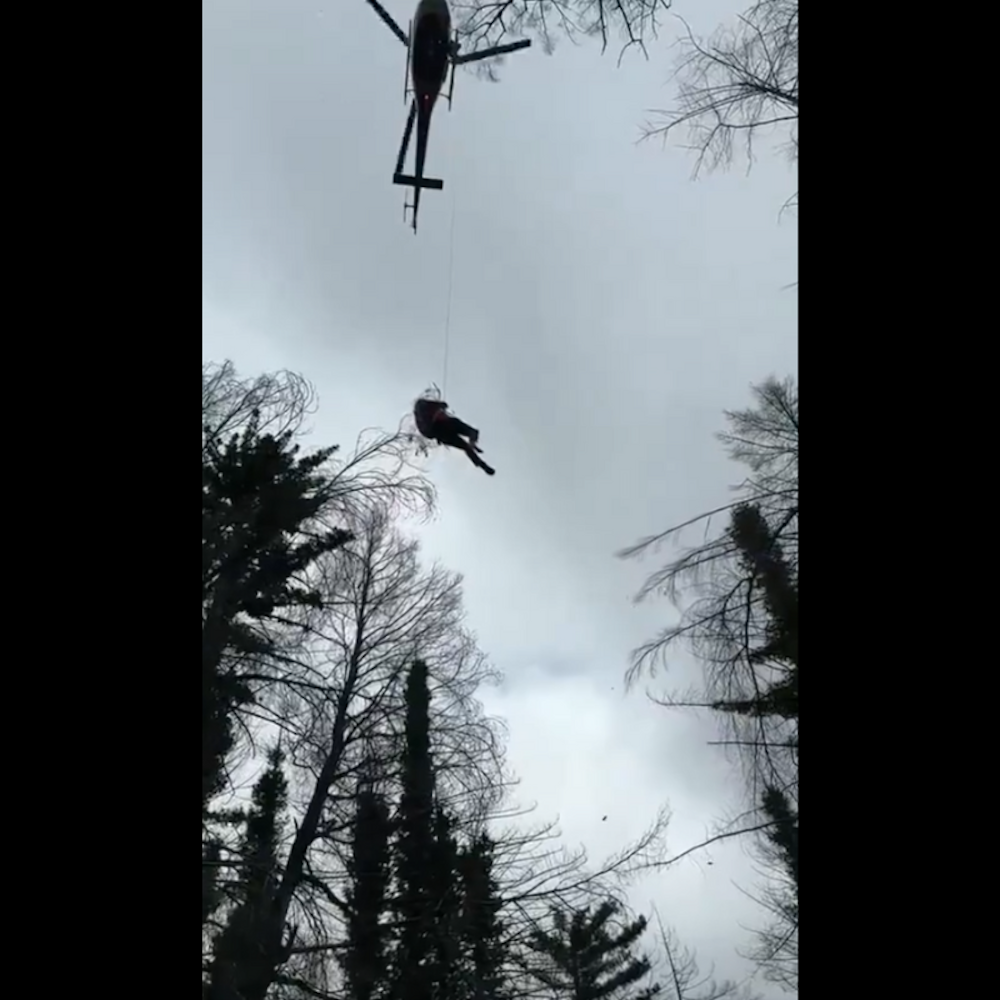
-2.webp?w=1000&h=1000&fit=crop&crop:edges)

